A moving project aimed at giving those who die alone a personal farewell is to be trialled in Dundee.
Named the Lonely Funeral, the idea is that a poem written about the person would be read out at the unattended ceremonies.
Dundee celebrant Michael Hannah and Dundee poet Andy Jackson are the men driving the initiative forward.
They say the inspiration comes from a project by the same name in the Netherlands which gained momentum following an award-winning radio documentary.
A civil servant working for the city of Amsterdam began working with a professional poet to plan funerals for people who died while cut off from society. In particular, bodies were never claimed from the morgue.
The two men learn what they can about the deceased from belongings left behind such as personal ID and are usually the only people in attendance.
‘A funeral where nobody turns up’
Michael and Andy hope to be the Scottish equivalents, where the tragic deaths occur all too frequently.
Although the funerals for these people will usually see a funeral director say a few words of committal or even deliver a reading, Michael says these are necessarily generic and lack personalisation.
Michael, who is completing an End of Life Studies masters degree at Glasgow University, said: “All funerals are sad but some are more sad than others. A Lonely Funeral is basically a funeral where nobody turns up.
“The poem is to honour that particular person who died but the wider project is to shine a light on marginalisation on society.
“A lot of people die alone in Scotland every year. It could be because they are refugees or asylum seekers for example, or they could just be very old.
“I know the value of a funeral, even if nobody is there.”
Isolated deaths a growing issue worldwide
The Lonely Poems project has spread across the Netherlands and Belgium and elsewhere in Europe.
There are also similar initiatives in places further afield such as in Boston, USA, where pupils of a local school act as pallbearers at funerals for people they have never met who died alone.
In Japan meanwhile, home to the world’s fastest ageing population, the phenomenon of dying alone and remaining undiscovered for a time has become so common a new term was created, Kodokushi.
Michael, who was born in Falkirk but moved to Dundee aged seven, added: “You can take very, very small fragments and create something out of someone’s life.
“That’s the beauty of poetry.
“There’s a real need to speak about death as it’s something that affects everyone throughout life. In many cultures it is more openly discussed than it is here.”
Three poems have been written to be performed on Thursday at Dundee University Chaplaincy Centre as part of the To Absent Friends Festival — a festival of storytelling and remembrance taking place across Scotland.
Many of those in attendance work in the funeral industry and the pair hope the initiative will gain momentum and kick off trials in the city, as well as in Glasgow, where Lapidus Scotland are supporting the Lonely Funerals idea.
The 63-year-old said it remains to be seen whether the project would be practically feasible in Scotland.
Potential issues include bureaucracy, anonymity, fragmentation of information, and even lack of information.
Institutional barriers could cause issues
In some extreme cases, an individual’s name may not even be known.
Michael said: “There isn’t one location where these things happen so we will potentially need to work with staff at places such as hospitals, care homes, homeless charities, and the council.
“We could face difficulties in permissions as well. We don’t know how easy it’s going to be to access information about them.
“There could well be institutional barriers but the fact it has developed elsewhere gives me hope.
“I see it as becoming a Scotland-wide thing but it needs to start somewhere.”
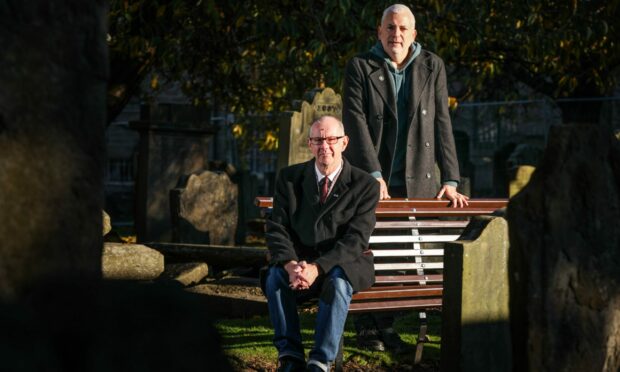
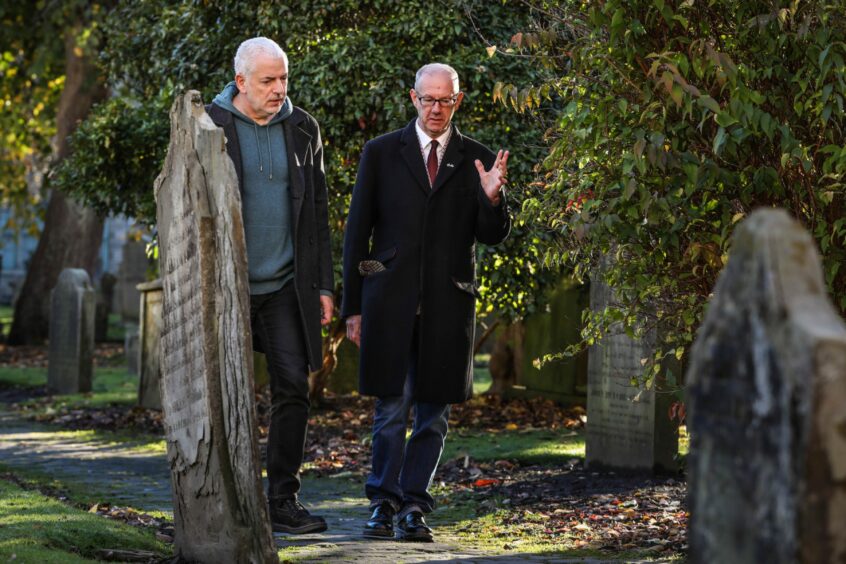
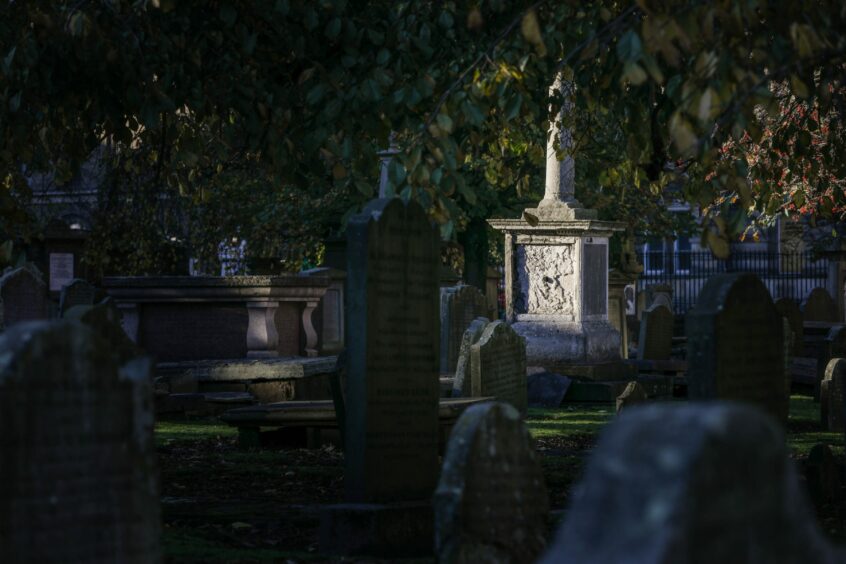

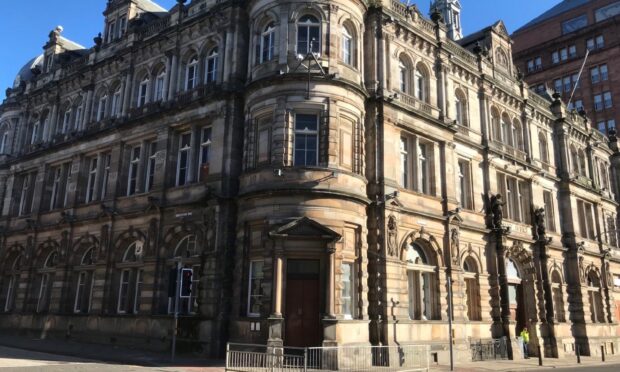

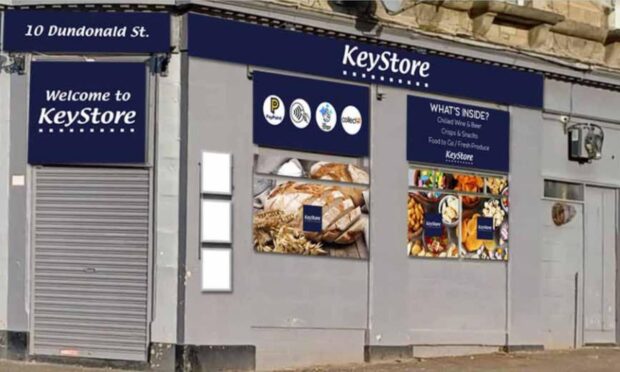

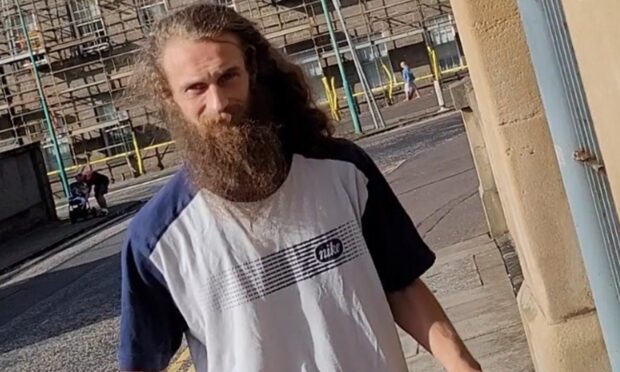
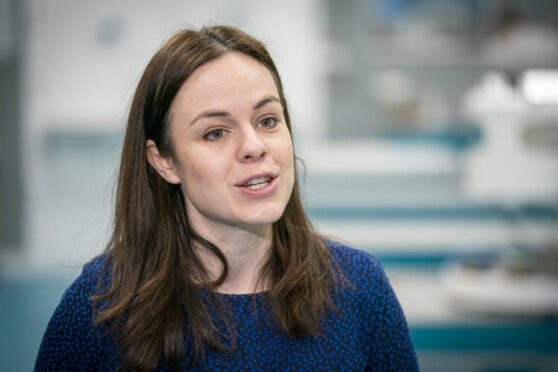
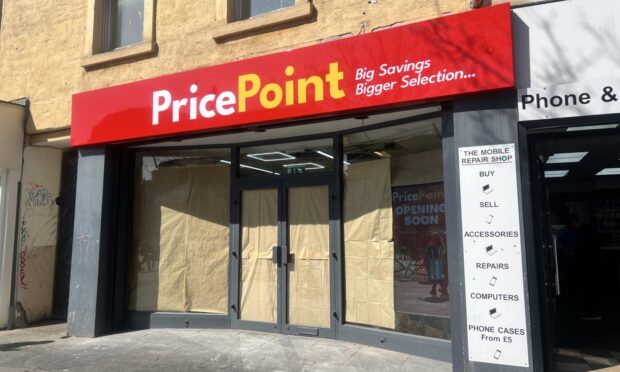
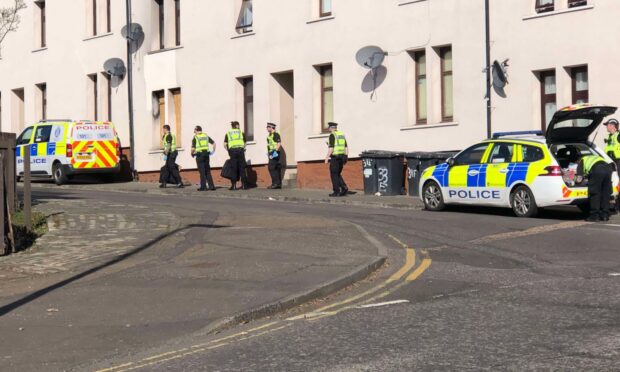
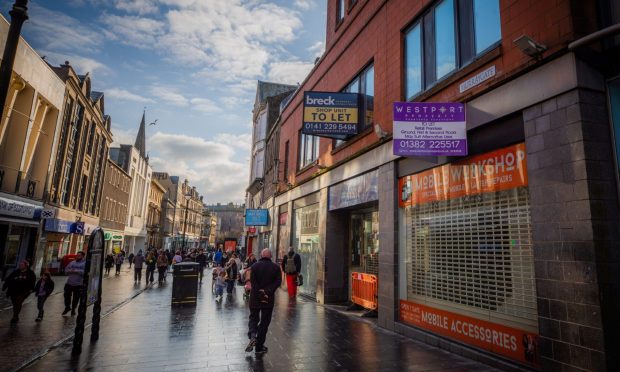
Conversation